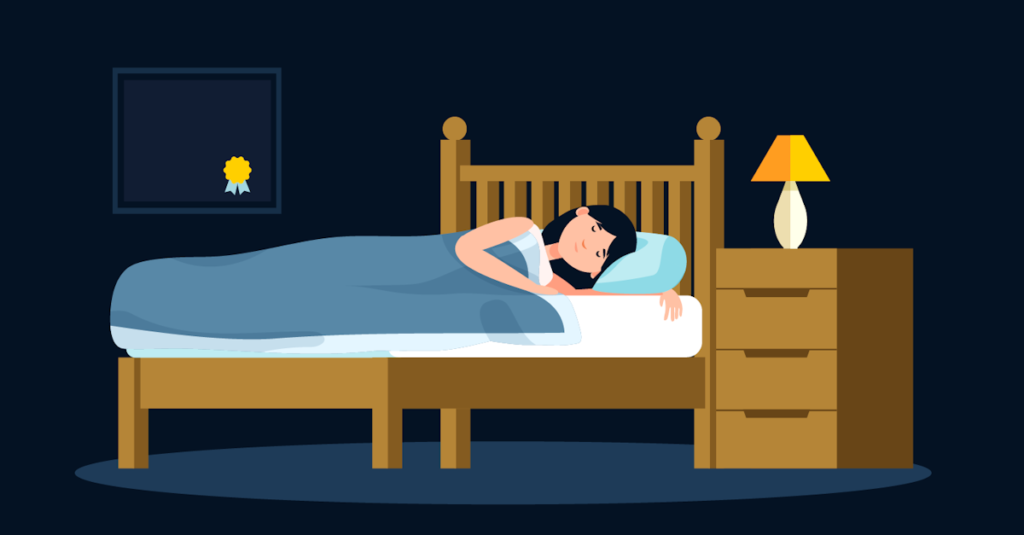Sleep is not just a time for rest; it is a vital process that impacts nearly every aspect of our lives. From physical health to mental clarity, achieving a perfect night’s sleep can transform the way you feel and function. But what makes sleep truly restorative? Let us explore the science behind an ideal sleep routine and how you can optimize your nights for maximum health and well-being.
Why Sleep Matters for Overall Health
Sleep is as essential to your body as food and water. During sleep, your body performs critical functions such as repairing tissues, consolidating memories, and regulating hormones. Consistent sleep deprivation can lead to serious health issues, including weakened immunity, weight gain, and cognitive decline.
When you sleep well, you wake up feeling refreshed and alert. Conversely, poor sleep can result in fatigue, irritability, and reduced productivity. Prioritizing sleep is not a luxury; it is a necessity for a healthy lifestyle.

Understanding the Sleep Cycle
A good night’s sleep is more than just hours spent in bed. It involves cycling through different stages of sleep, each with a specific purpose.
- NREM Sleep (Non-Rapid Eye Movement): This phase includes light and deep sleep stages where your body focuses on physical recovery, cell repair, and energy conservation.
- REM Sleep (Rapid Eye Movement): This is the dreaming phase, critical for cognitive functions such as memory consolidation and emotional regulation.
A typical sleep cycle lasts about 90 minutes and repeats four to six times per night. Ensuring you complete full cycles is key to waking up refreshed.

How Circadian Rhythm Regulates Sleep?
Your body operates on a natural 24-hour internal clock known as the circadian rhythm. This rhythm controls when you feel awake and when you feel sleepy by regulating hormones such as melatonin.
Disruptions to this rhythm, caused by factors like irregular sleep schedules, exposure to artificial light, or jet lag, can negatively impact sleep quality. Aligning your sleep schedule with your circadian rhythm can significantly improve the quality of your rest.

What Makes a Perfect Night’s Sleep?
The formula for a perfect night’s sleep is not one-size-fits-all, but certain universal elements contribute to better rest.
Ideal Sleep Duration
Adults typically need seven to nine hours of sleep per night. Children and teenagers require more due to their developing bodies and brains.
A Comfortable Sleep Environment
- Keep your bedroom cool, dark, and quiet.
- Invest in a comfortable mattress and supportive pillows.
- Limit distractions by keeping electronics out of the bedroom.
The Role of Hormones in Sleep
Sleep is regulated by hormones such as melatonin, which signals to your body that it is time to rest, and cortisol, which helps you wake up. To support these natural processes:
- Expose yourself to natural light during the day to regulate melatonin production.
- Avoid bright screens and artificial light in the evening, as they can delay melatonin release.

Habits That Promote Better Sleep
The habits you practice during the day have a profound impact on how well you sleep at night.
Minimize Screen Time
Blue light from devices suppresses melatonin production. Avoid screens for at least an hour before bedtime or use blue-light-blocking glasses.
Relaxation Techniques
Incorporate practices such as meditation, deep breathing, or gentle yoga into your evening routine to calm your mind and prepare for rest.
Foods That Support Sleep
Certain foods, such as bananas, almonds, and cherries, are rich in sleep-promoting nutrients like magnesium and tryptophan. Conversely, avoid caffeine and alcohol, as they disrupt the sleep cycle.

The Link Between Exercise and Sleep
Regular physical activity improves sleep quality by reducing stress and promoting relaxation. However, avoid vigorous workouts close to bedtime, as they can increase alertness and delay sleep onset. Gentle evening exercises, such as stretching or walking, are better choices for promoting rest.
The Secret to a Perfect Night’s Sleep
Achieving the perfect night’s sleep is a combination of science and habit. By understanding the factors that influence your sleep—such as the sleep cycle, circadian rhythm, and sleep environment—you can make informed choices to improve your rest. Pair these strategies with a consistent routine, and you will be on your way to better sleep and a healthier life.



